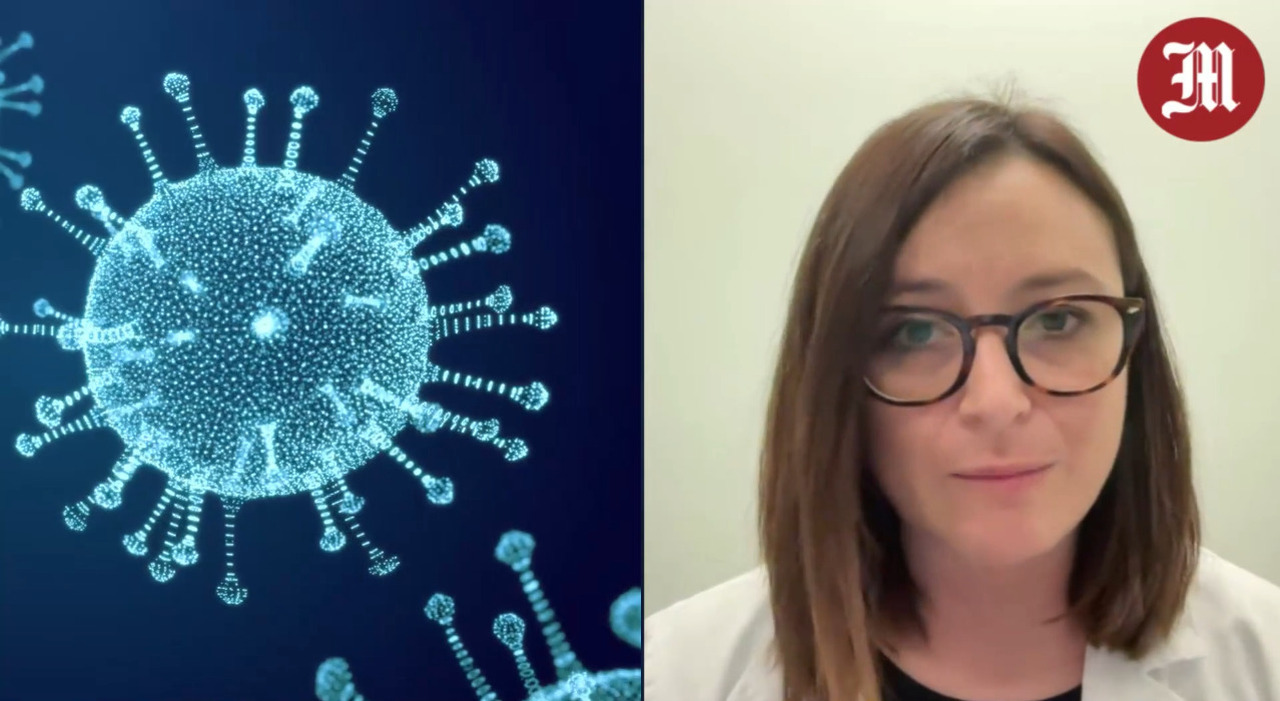Post-COVID Brain Fog: Understanding the Neuropsychological Symptoms
In the post-pandemic era, one of the most debated and investigated symptoms that continues to emerge post COVID-19 is so-called “brain fog.” This condition, characterized by confusion, difficulty concentrating, and memory problems, represents a challenge both for those who suffer from it and for the medical community trying to understand its causes and treatments.
Dr. Alessandra Vergori, medical director and researcher at the UOC Viral Immunodeficiencies of the Spallanzani Institute in Rome, recently discussed this topic, which has also been addressed through a study by the “Trinity College Dublin Allied Researchers Bioresource”.
Post COVID-19 brain fog is a term used to describe a series of neuropsychological symptoms that some people experience after being infected with the SARS-CoV-2 virus, the virus responsible for COVID-19. These symptoms may include mental confusion, difficulty concentrating, memory difficulties, and psychological disturbances. It can affect people of all ages, even those who have had a mild form of COVID-19.
Research on this topic is ongoing, and experts are trying to better understand how the virus affects the nervous system and causes these symptoms. Some hypotheses suggest that the virus may cause inflammation in the brain, interfere with cerebral blood flow, or have other direct effects on the central nervous system.
A recent study conducted by Trinity College on Long Covid demonstrated that compromise of the blood brain barrier during acute infection and in patients with Post-COVID symptoms can lead to a persistent inflammatory state capable of causing cognitive impairment, known as “brain fog”.
At the INMI, a study was conducted examining cognitive and psychological performance in patients suffering from Post-COVID syndrome. The results showed that a high percentage of patients reported cognitive impairment, anxiety, depression symptoms, and poorer sleep quality.
The relationship between cognitive alterations and psychological health is significant, with anxiety and depression potentially explaining the cognitive impairments found. Additionally, it appears that female gender is associated with an increased risk of alterations in sleep quality and psychological symptoms.
Currently, therapeutic prospects for brain fog are emerging as scientists and medical professionals better understand this condition. A multidisciplinary approach that includes symptom management, cognitive therapies, physiotherapy and rehabilitation, physical exercise, stress management, a balanced diet, and a healthy lifestyle is recommended.
Brain fog can have significant social implications, affecting interpersonal relationships, professional scope, and participation in social activities. As research continues, new avenues for treating this condition may open up, offering hope for those struggling with post-COVID brain fog.
